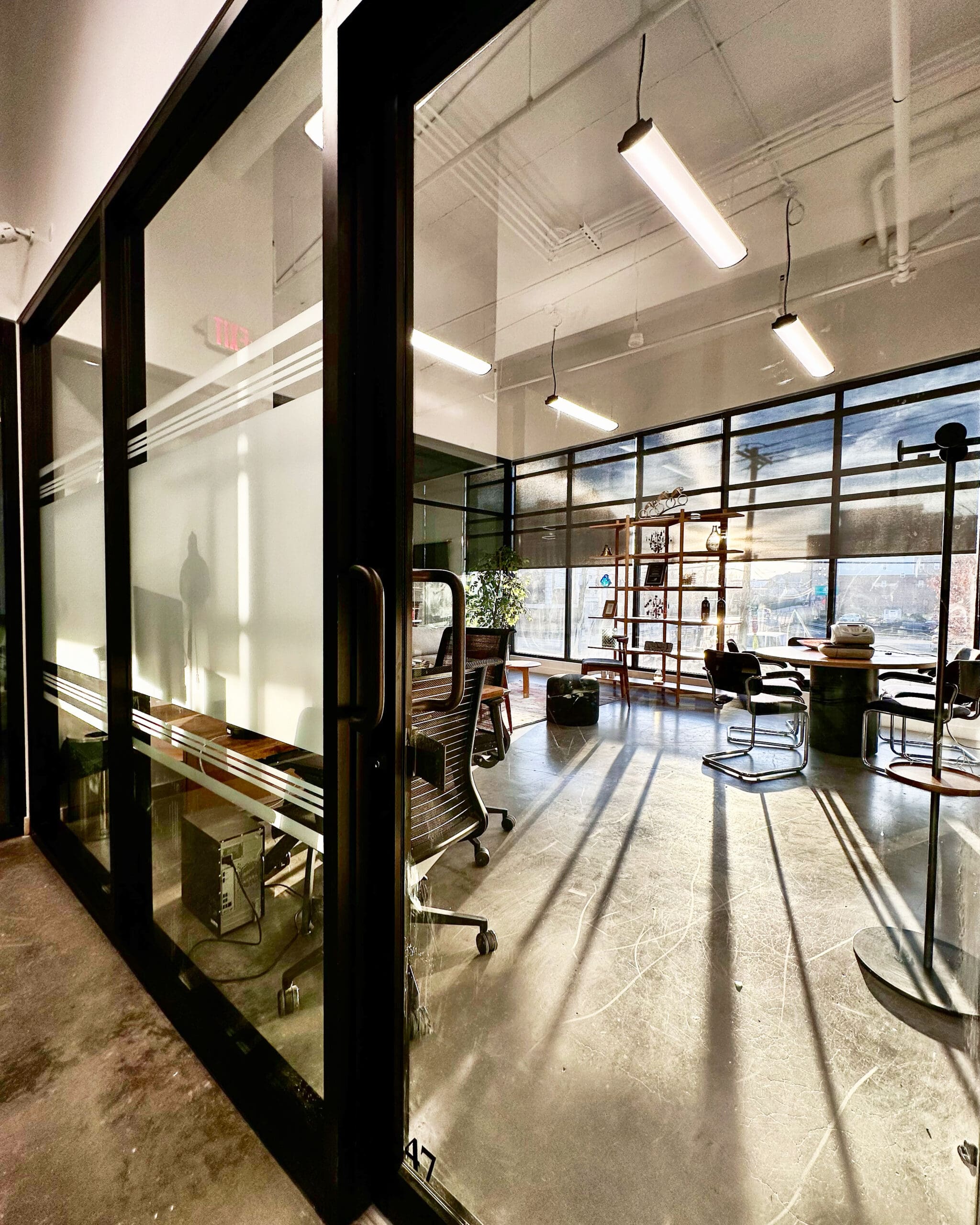
we’ve reached a new normal.
The COVID-19 pandemic has reshaped work culture, prioritizing remote work and challenging the traditional office-centric model. Organizations quickly embraced digital tools for remote collaboration, fostering a results-oriented approach and blurring the lines between professional and personal spaces. Communication dynamics evolved, emphasizing virtual connectivity through meetings and collaborative platforms, with a focus on maintaining a sense of community through innovative practices like virtual team-building.
In this remote-focused landscape, co-working spaces have emerged as the perfect solution for remote or hybrid employees. These spaces offer a flexible and collaborative environment, bridging the gap between remote work and the traditional office setting.

Co-working spaces provide professionals with a dedicated workspace, fostering productivity and maintaining the benefits of in-person interactions while accommodating the newfound flexibility in work arrangements. As organizations navigate the challenges of the evolving work culture, co-working spaces offer a versatile solution that aligns with the needs of modern, remote-oriented teams.

Co-working spaces have emerged as an ideal solution for remote or hybrid employees, providing a versatile environment that caters to the evolving needs of modern work culture. Studies have shown a direct correlation between employee happiness and the flexibility offered by co-working spaces. According to a survey conducted by Harvard Business Review, 89% of employees reported increased job satisfaction when they had access to flexible work arrangements, such as those provided by co-working spaces.
The ability to choose a dedicated workspace outside the traditional office setting empowers individuals to tailor their work environment to suit their preferences, contributing to a higher sense of autonomy and satisfaction.
Moreover, the collaborative nature of co-working spaces fosters a sense of community and connection among remote or hybrid employees. A report by Global Coworking Unconference Conference (GCUC) found that 84% of co-workers felt more engaged and motivated when working in a co-working space, attributing this boost in morale to the social interactions and networking opportunities facilitated by shared workspaces.
By providing a blend of flexibility, autonomy, and community, co-working spaces not only enhance the overall well-being of remote or hybrid employees but also contribute to increased productivity and job satisfaction, making them a valuable asset in the modern work landscape.





